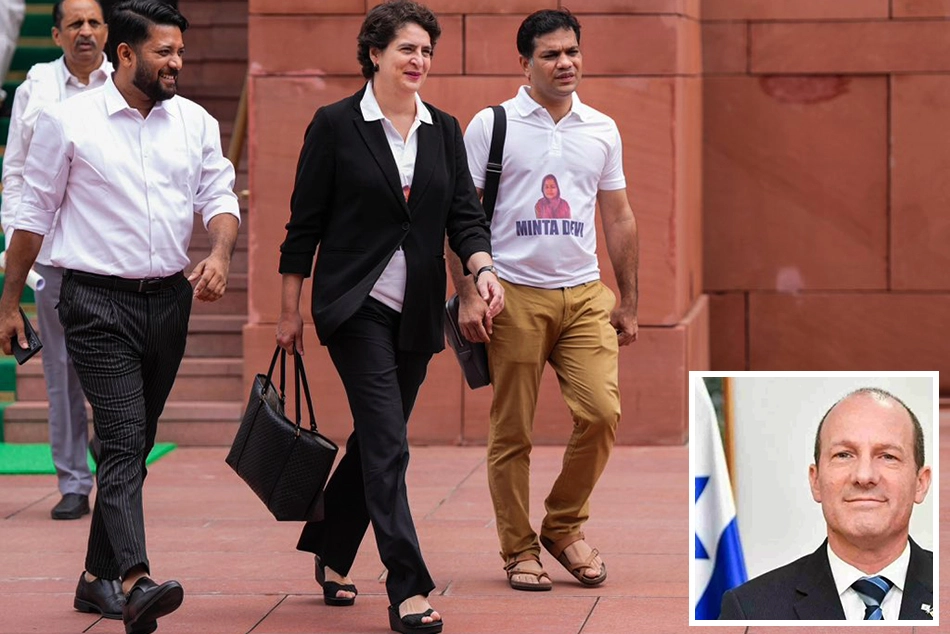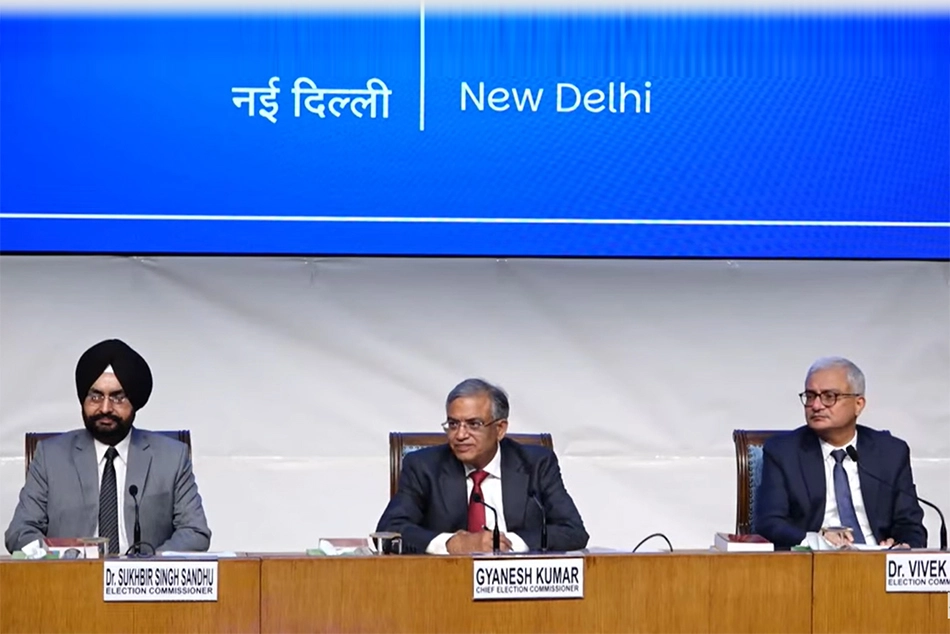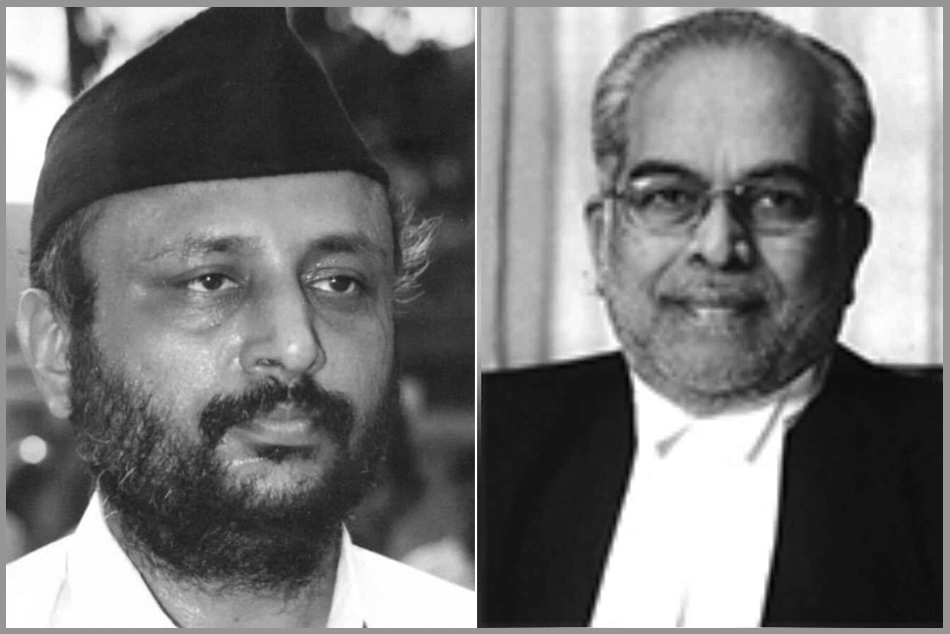
Why are Bengali Lives so Cheap?
Bengalis are the people who have given their lives for freedom, language and dignity – but whose leaders have sold them for power.

The Bengali’s history is written in sacrifice; its tragedy, in the silence that follows. People who have given their lives for freedom, language and dignity – but whose leaders have sold them for power. From the songs of Rabindranath Tagore to the gunfire of Silchar Railway Station, the spirit of Bengalis has soared and bled – yet betrayal from within has dimmed the glory hard-won by the martyrs.
A Life Beyond Price, Yet...
We proclaim with moral pride that human life is priceless. Yet reality exposes a cruel hypocrisy. In the politics of the subcontinent, the life of a Bengali seems negotiable, expendable, even disposable. O Bengali, your blood has soaked the soil for freedom, language, for justice. You have fought in revolutions, bled in wars and laid down your lives for your mother-tongue. Yet today, you are branded “illegal”, “foreigners”, “outsiders”. Your citizenship is questioned, your sacrifices erased and your dignity auctioned in the marketplace of political convenience.
From Pride to Precarity – A Century’s Journey
1950 – The Partition of Bengal: The British split Bengal to weaken its nationalist force. Cultural resistance won a temporary reprieve, but the division took root.
1947 – Partition of India: A moth-eaten partition was gifted to the people which they did not deserve. The leaders of Punjab fought ferociously for their territory and dignity. Bengal’s political class failed to secure either unity nor could safeguard their own people to the fullest. East Bengal was thrown into Pakistan’s hands; millions of Bengalis uprooted from their roots and made refugees.
July 1947 – Sylhet Referendum: Sylhet, a part of Assam, was ceded to Pakistan through a manipulated referendum, as it was considered a “cancerous” part of Assam by the power hungers. Sylheti Bengalis who stayed in India became targets of suspicion and discrimination till date.
19 May 1961 – Silchar Language Martyrs’ Day: Eleven unarmed Bengalis in Cachar, Assam, were shot dead by police for protesting the imposition of Assamese language and demanded rightful status of Bengali language in education and administration. Their sacrifices compelled the government to recognize Bengali as one of the Assam’s official languages in Barak Valley.
And yet to this day, neither the state nor the central government has recognised them as “martyrs”. The decades-long struggle to rename Silchar Railway Station as “Bhasa Shahid Station” – the very platform where the bullets pierced them – remains ignored, a silent insult carved into the daily life of the town. But it can be remarked that the Bengali language movement of 1961 was a unique trend-setter for the entire Bengali race. The way leaders united together to form a protest, followed by mass-resignations from their political posts, established that – “If the priority of the race gets prime importance, then no political obstacles can create hurdles.” Today’s Bengali leaders consider the reverse – Party stands above the race. This is total degradation of Bengali ethnicity, the devaluation of national interests and cultural dignity.
1971 – Liberation War: Three million martyrs, millions of displaced Bengalis paid for independence , yet the post-war political order fractured along lines of power and profit and the worst sufferers beyond description were the Bengalis.
1980 – Assam Agitation: Generations-old Bengali residents faced violence, eviction and erasure from electoral rolls. Most Bengali leaders in Central and various states remained quiet.
2019 – 2021 – NRC & CAA Controversy: Lakhs of Bengalis in Assam and the Northeast saw their citizenship questioned. Many had fought for India. Still, they were told to “prove” their identity.
Bengali Politicians – Betrayal in Broad Daylight
In every era of crisis, one fact repeats with bitter certainty: Bengali politicians – whether in the corridors of Delhi or the assemblies of Kolkata, Tripura or Dispur – have put personal and party gains above the identity crisis and survival of their race.
When Tamil was threatened, C.N. Annadurai and M.Karunanidhi stood against Delhi’s might. When Punjab’s farmers were in peril, their leaders – across parties – marched together to defend them. When water disputes threatened Karnataka, every Kannada politician became a united voice. Whenever Biharis in any part of India have been attacked, the leaders of Bihar have raised their voices. From one end of the country, leaders like Karpoori Thakur to Lalu Prasad Yadav have rushed to stand by them. But in contrast, we see a different picture in the case of the Bengalis. Whenever and wherever Bengalis have been attacked across India, except for one or two leaders who have raised their voices, the rest have preferred to maintain silence. Is this a sense of responsibility and commitment towards the own-race or an act of betrayal ?
In 1947, leaders failed to protect their own community in partition talks. In Sylhet, they accepted the loss without a sustained fight for their protection, thereby leaving behind the affected class to face the consequences and settle their own fate.
The Bengali Language Movement at Silchar in 1961 is regarded as a “regional matter”, not a national outrage. Even today, once we cross the Borail Hills, the majority of Bengalis in India remain unaware of the history – the epic tale of eleven martyrs who laid down their lives for Bangla language. Then should we believe that Bengalis themselves, by heart and soul, want to validate what Nirad C. Chaudhuri once remarked – “Atmaghati Bangali / A self-destructive race” ?
In the Assam Movement, the Bengalis could not escape the brand of “Outsiders”. With hearts weighed down like heavy stone and teeth clenched tight, they endured every injustice, every humiliation, in silence – bearing it all with unshaken resolve.
In the NRC -CAA era, millions of Bengalis were trapped in the web of laws, their very citizenship was under question. Many of them are Indians by birth, children of undivided India, who simply moved from one part of the land to another to make a permanent home. They were not “foreigners” – yet they were shackled in chains of “legal-documents ” and told – “Prove that you belong to this land.” Where were our leaders at that juncture ? History itself bears witness to what they did – or rather, what they failed to do for their own people.
Also Read: The Othering of Bengalis
The contrast is stark: Other communities breed leaders who stand as shield; we breed leaders who hand over the shield for a party post or a seat in the cabinet. Why are the lives of Bengalis so cheap ? Because the Bengalis have failed miserably to prove themselves as true Bengalis by heart and soul. Our unity crumbles in the whispers of political rivalry. Our intellectuals remain busy building their own circles of influence, while the leaders stay trapped within party lines, always in fear that they may be axed for raising questions.
The Danger of Living in the Past: Heritage inspires, but it does not protect. Subhash, Matangini, Vivekananda, Khudiram, Chaitanya, Ramakrishna, Rabindranath, Nazrul, Satyajit, the eleven martyrs of Language Movement, (to mention few out of the many) – are the pillars of our identity, the guiding lights of our future. But they cannot save the Bengalis from the calculated attempt to erase us – unless we wield present-day power – Legal, Political, Technological and Economical.
The Road Forward
- Unite Across Borders: West Bengal, Assam, Tripura and the diaspora must forge one platform for mutual protection.
- Prioritise Race Over Party: If your party betrays your community of people, you must have the courage to betray your party – not the race.
- Transform Cultural Pride into Political Muscle: Let the songs of our poets, creations of our artists be war drums in the fight for dignity.
- Acquire Modern Tools of Battle: Law, media strategy, digital mobilisation, diplomacy – master them all.
- Forge New Leadership: Retire those who have traded away your dignity for party post or any sort of political favours.
Human life is priceless, but in political marketplace, the life of Bengalis has been sold cheap for too long. This can change only when the Bengalis want to bring about a change, refuse to be pawns in other people’s game and begin to raise questions, fight boldly for their existence and identity.
The world will value your life only when you value your own race and defend it together, without compromises. The martyrs cannot rise to save the living; it is the living who must rise to honour the martyrs and carry forward the legacy with honour, pride and dignity.
Follow ummid.com WhatsApp Channel for all the latest updates.
Select Language to Translate in Urdu, Hindi, Marathi or Arabic







